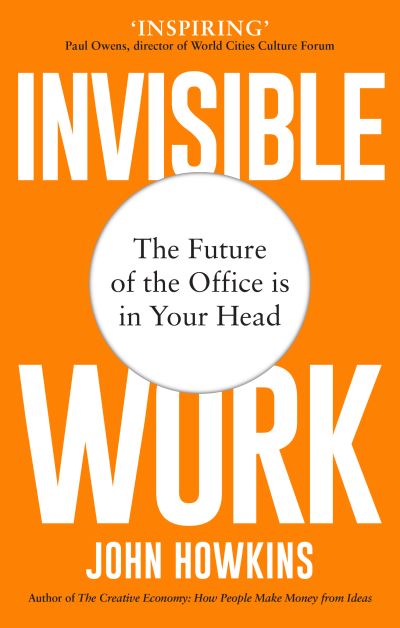
"This pioneering perspective on making invisible creative work visible is both intellectually-grounded and practically-oriented."
John Howkins’s Invisible Work offers trailblazing, inspirational guidance for ways in which workers in today’s disparate labour environments can make the intangible tangible. More specifically, it answers the question: how can workers manage and manifest the hidden, important practices of thought and creativity?
“The power of the unseen” underpins the book’s fundamental ethos. “Invisible work cannot be observed and its meanings cannot be deduced. Cognition cannot be seen”, and yet it is key to many working contexts. Furthermore, how we manage how we are – or aren’t – able to make ourselves visible is central to how well we progress, how well we are remunerated and how much satisfaction we derive from work. Throughout Howkins provides thought-provoking examples and fresh insights that turn accepted thinking on its head, with a fabulously forward-looking analysis of the benefits of a four-day week and better balance between work and home. “Work as if people mattered” is the title of a section towards the end of the book, an honorable ethos that employers and employees alike would do well to heed.
| Primary Genre | Self Help and Personal Development |
| Other Genres: |